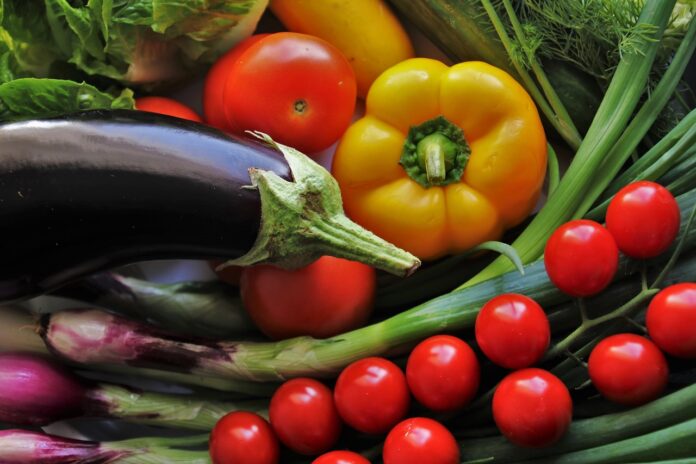Source: MakeLemonade.nz
Tamaki Makaurau – New Zealand produces enough food to feed 40 million people worldwide – almost 10 times its own population, but the way Aotearoa produces is changing, BiotechNZ executive director Dr Zahra Champion says.
The world cannot feed its children’s children with the food systems currently in use, she says.
In the next 25 years, all the additional food the global growing population requires will come from improvements to current food systems, before they reach capacity limits.
But BioTechNZ and AgriTechNZ are leading an event in Palmerston North on August 4 to discuss cell-based agriculture which can create products from cell cultures as opposed to whole plants or animals.
In New Zealand, Kiwis can grow more food by continuing to improve current systems, reducing waste and addressing environmental impacts.
Aotearoa is great at developing technologies that enable sustainable production, Dr Champion says.
“We can also amplify our impact by sharing our ability to translate technology for the benefit of the food systems around the world. Our agritech developments are incredible for the world.
“But it’s still insufficient to feed future populations. We need to look at new biotech solutions in our food systems if we are to provide in the future.
“New Zealand’s innovators have a key role to play because there are real problems to solve and our people have the skills and experience needed.
“Cell-based culture protein is an industry still in its infancy and at the moment, the primary research has revolved around growing meats (beef, pork, poultry) as well as animal products (milk and egg white) in cell cultures.
“It is predicted that the global population will be between nine and 11 billion people by 2050.
“By 2035, the shift to plant-based food would save as much carbon emission as Japan emits in a year and enough water to supply the city of London for 40 years.”
However, the growing global demand for meat and animal products illustrates that people are not ready to change their eating habits from meat to plant-based alternatives.
Instead of urging people to eat more plant-based diets, the next best option is to find a better way to produce meat. That is exactly what cellular agriculture offers.
Farmers and scientists are at the heart of the transformation, providing the tech means and the quality inputs needed.
Key speakers at the August 4 summit include Dr Olivia Ogilvie, a leader in cellular agriculture with a specific focus on cultured meat; Amos Palfreyman, who specialises in plant-based high-protein foods and Greg Bryan, chief tech officer of ZeaKal which is pioneering the next generation of plant trait technologies.
For further information contact NZTech’s media specialist, Make Lemonade editor-in-chief Kip Brook on 0275 030188



